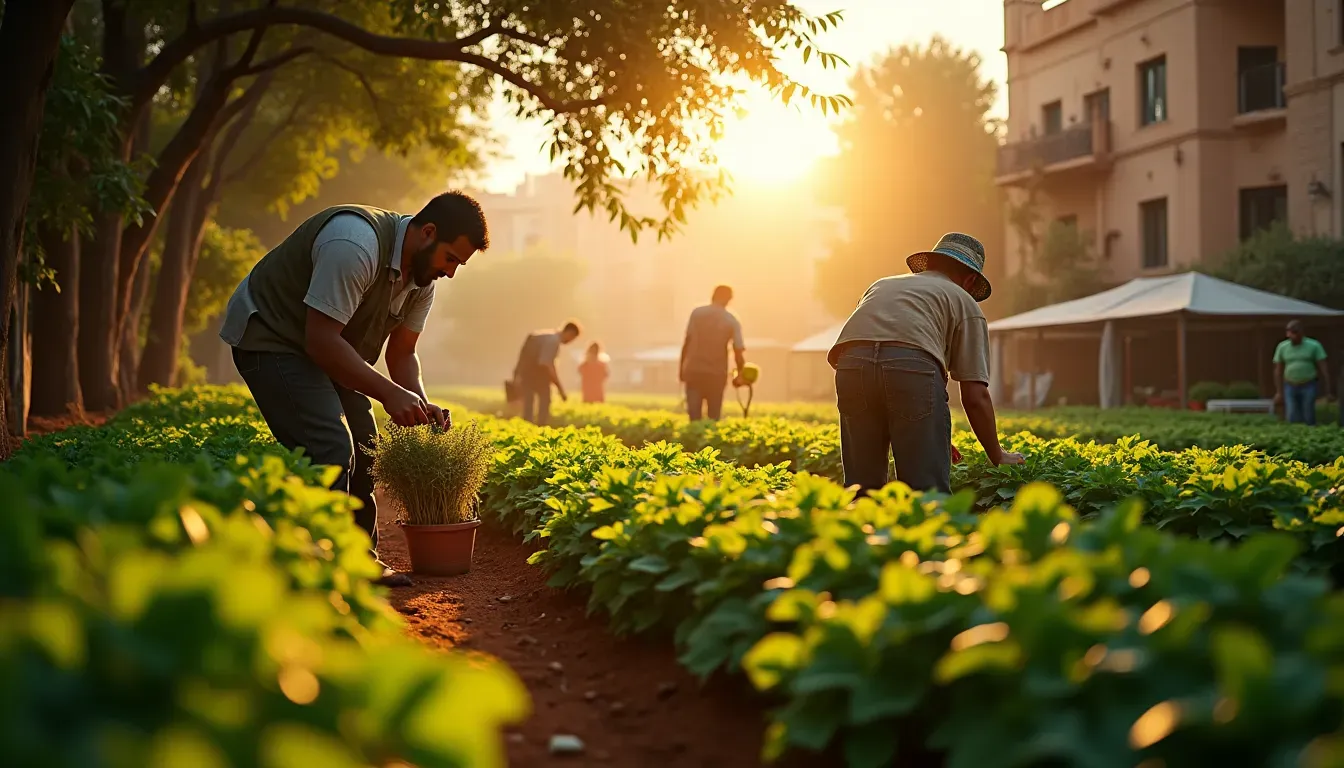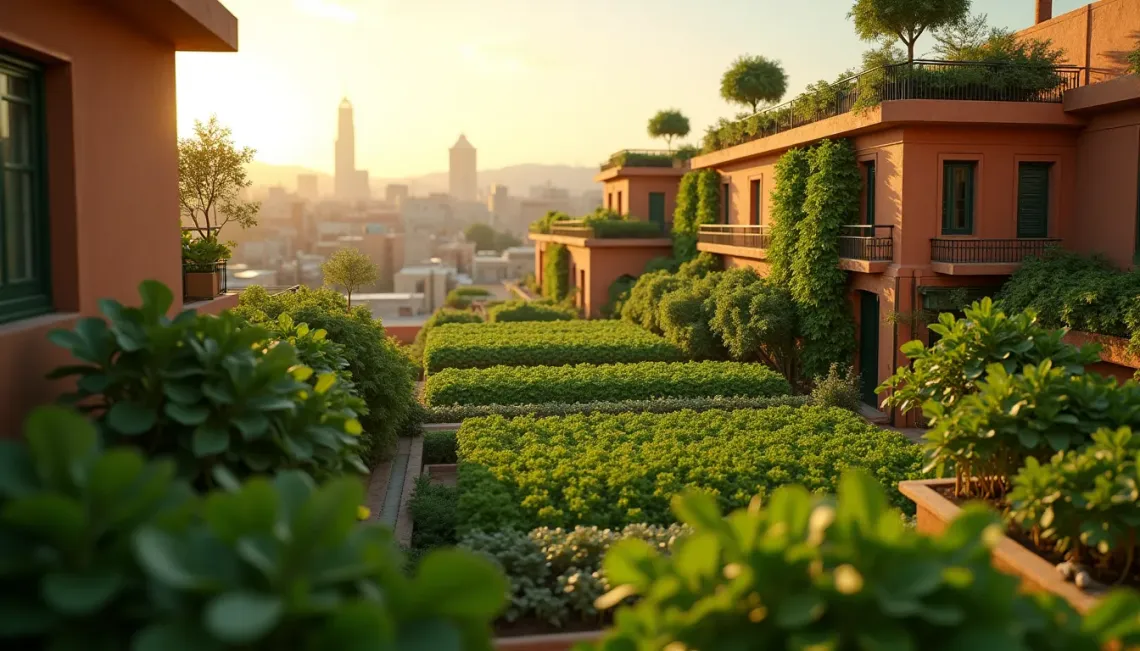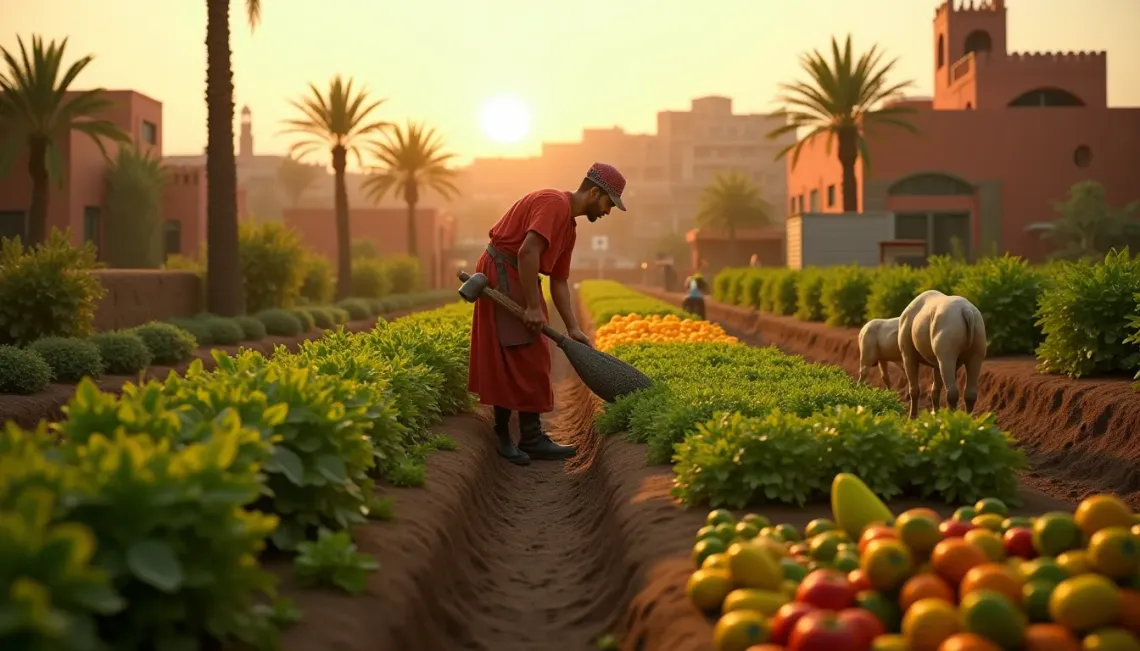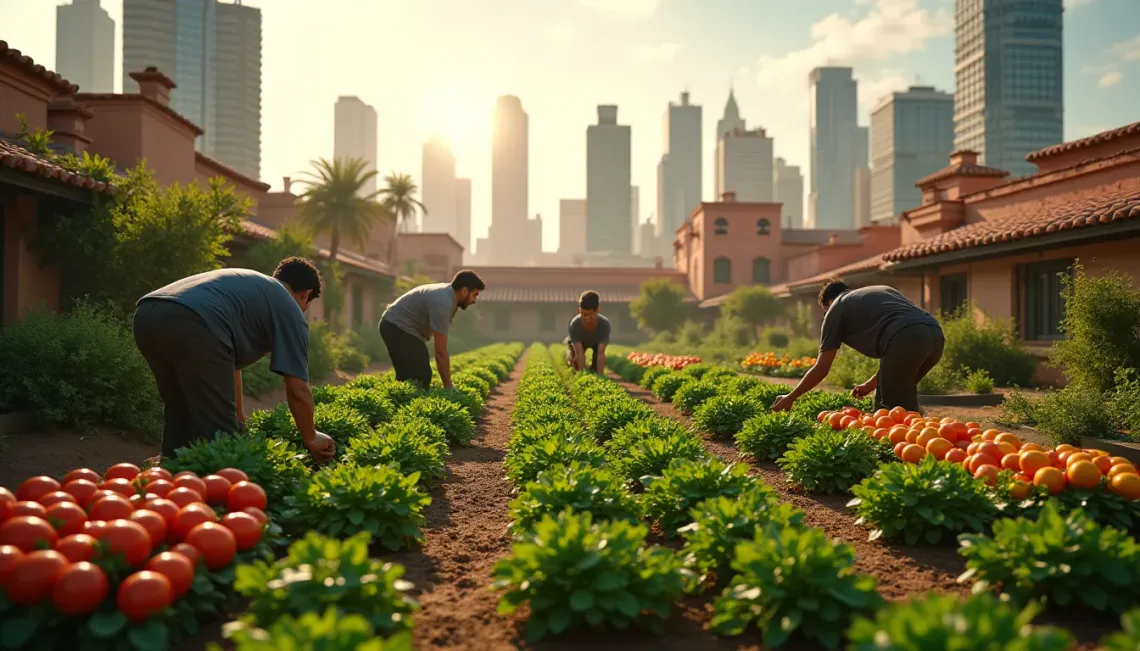Urban farming has become an essential component of sustainable agriculture, particularly in densely populated regions. Moroccan communities are at the forefront of this agricultural renaissance, showcasing remarkable success stories that inspire global audiences. Through innovative community gardening practices, these communities are redefining urban landscapes and contributing to food security. This article explores the inspiring urban farming success stories in Morocco and the strategies that make them exemplary models of sustainability.
Moroccan Urban Farming: A Beacon of Sustainability
In the heart of Morocco, urban farming is not just a trend but a necessity. With the rapid urbanization of cities like Casablanca and Rabat, space is limited, yet the demand for fresh produce grows. Moroccan communities have embraced sustainable agriculture, transforming rooftops, balconies, and vacant lots into flourishing gardens. These urban farms are not just food sources but also communal spaces fostering resilience and unity.
Success Stories from Moroccan Communities
The success of urban farming in Moroccan communities lies in their ability to innovate while preserving traditional practices. Some key success stories include:
- Casablanca’s Rooftop Gardens: In Casablanca, apartment residents have turned their rooftops into lush green spaces. These gardens utilize hydroponic systems, efficiently using minimal space and water. The project has dramatically reduced grocery costs and improved dietary diversity.
- Rabat’s Community Gardening Initiatives: In Rabat, communal plots have been established in public parks, empowering locals to cultivate vegetables and herbs. This initiative encourages community collaboration, skill-sharing, and a greater appreciation for local produce.
- Marrakech’s Vertical Gardens: Faced with limited ground space, Marrakech residents have developed vertical gardening techniques. This innovation optimizes the use of walls, promoting efficient growth and fostering a green urban environment.
These urban farming initiatives not only bolster food security but also support economic development through local markets. The sale of surplus produce enhances family incomes and reduces dependency on imported goods.
Strategies for Successful Urban Farming
Moroccan communities employ several strategies to ensure the success of their urban farming projects. Key approaches include:
- Leveraging Technology: The use of smart agriculture technologies, such as drip irrigation and solar energy, optimizes resource usage and reduces environmental impact.
- Community Collaboration: Through cooperative efforts, individuals share skills, resources, and knowledge, making sustainable agriculture practices accessible to all.
- Government Support: Moroccan authorities provide training programs and financial incentives to promote urban gardening, recognizing its role in sustainable urban development.
Additionally, Moroccan communities remain dedicated to integrating traditional agricultural knowledge with modern techniques, ensuring a holistic approach to urban farming.
Internal Linking Opportunities
To understand more about sustainable practices in urban contexts, explore our article on Sustainable Agriculture in North Africa. For insights on community development through urban gardening, check out our piece on Community-Led Agricultural Innovations.
Conclusion: Leading the Way Forward
The success stories of urban farming in Moroccan communities demonstrate the transformative potential of sustainable agriculture. These communities exemplify resilience and innovation, showcasing how urban spaces can be reimagined to tackle food insecurity and environmental challenges. As urban farming continues to gain momentum, Moroccan communities lead the way, offering valuable lessons in building sustainable cities. Through continuous adaptation and commitment to sustainability, they provide a blueprint for urban agriculture initiatives worldwide.




